TIME TO guard, protect and attack - New Straits Times
Remember to sanitise your handphone, which is the most frequently used and touched object. Pic by AIZUDDIN SAADA MAN was infected with Covid-19 at his workplace. He ended up infecting eight members of his family, resulting in the death of one.
Covid-19 can spread easily among family members because most of us do not wear masks at home. This is one of the reasons behind the soaring number of cases recorded daily nationwide.
When asked, most Covid-19 patients say they followed their workplace’s standard operating procedure (SOP) diligently and claim to have no idea how they still contracted the virus.
The current issues such as soaring number of cases, healthcare system at breaking point and vaccine rollout are all related to when the virus has already entered our body. In fact, we are busy mopping the wet floor instead of finding the running tap and turning it off.
Let’s change our position; let’s focus on how to stop the virus from entering our body.
Imagine that you are the virus and you are waiting to infect a human body. You can do this via three doors (eyes, nose and mouth) and you are waiting for them to be opened.
You wouldn’t be able to infect someone who is wearing a mask. But he is rubbing his eyes with unsanitised hands. There’s your open door.
You landed on his phone, which he never sanitises. The next time he uses it and touches his eyes or nose, you will have a chance to enter his body.
There are so many opportunities at the workplace for the virus to enter the body. Workers may be wearing masks, but these are often removed while having meals. And there you are with three doors widely open and so many people to infect.
During my volunteer work, I have noticed that all Covid-19 patients failed in the “Guard, Protect and Attack” (GPA) strategy. They don’t understand why they were infected even though they strictly followed SOP. They may have done well on “protect” (wearing mask) and “attack” (washing/sanitising hands), but they let down their “guard”.
I’ve asked many people if they sanitise their mobile phones. Surprisingly, most said they never thought of doing this even though they wash their hands frequently.
When I tell them that after washing their hands, they would be touching their phones again and may use the “dirty” hand to rub their eyes or nose, they finally see the path of infection.
I am not saying that everyone should treat every surface they touch as contaminated. But if we touch contaminated surfaces and then rub our eyes or nose, we could expose ourselves to infection.
So please put a “security guard” by the three doors. When hands come near any door, the security guard will “stop and question” what they’ve touched. When you are alerted by your security guard, you will remember to wash your hands before rubbing your nose or eyes.
The World Health Organisation (WHO) and scientific community have been evaluating whether the coronavirus could also spread through aerosols in the absence of aerosol-generating procedures (coughing, sneezing and etc), particularly in indoor settings with poor ventilation.
But when I analysed the profile of infected families, I noticed in many cases that members who were sharing the same room could still remain negative. For example, the wife did not get infected even though her husband tested positive for Covid-19.
So, follow SOP by the book and activate the GPA strategy. Stay safe.
ASSOC PROF DR WEN LIN CHAI , Lecturer Universiti Malaya
Join our
Related:
How does coronavirus attack your body? | COVID-19 Special .
Most infected people, around 80 percent, will have mild symptoms which disappear after a few days. But coronaviruses can multiply fast... spreading from the throat to the lungs. And that's how they can infect lung cells until pneumonia sets in. The body is supplied by oxygen via the lungs - entering the bloodstream via the alveoli to the blood vessels. And then it is distributed to the rest of the body.
Complications can occur when the coronaviruses settle in the space between the pulmonary alveoli and the blood vessels. That can cause inflammation. The distance to the blood vessels then becomes greater and oxygen intake more difficult. When organs are deprived of oxygene, breathing is labored. And then respiratory muscles are quickly exhausted, especially in the elderly. That's when the lungs need help - with a ventilator. But that can't prevent the situation from worsening in some cases.
Inflammation in the lungs increasingly hinders gas exchange. Water escapes from the cells. Even with the support, not enough oxygen enters the body. Then an external machine must take over the function of the lungs. The so-called "Emco" enriches the blood outside the body with oxygen and then returns it into the body - but not without complications. But the situation can escalate even further.The immune system then becomes the main problem - triggering a massive inflammation as a reaction. Progression to severe cases now less common than during the first wave of the coronavirus pandemic. This could be due to mask usage...it may contribute to a smaller amount of the infection in the air - making the disease less deadly. Defensive compounds flood the entire body. Immune cells attack the inner walls of blood vessels. They become weak. Fluid leaks into the tissue and is deficient in the cirulatory system. The organs are no longer sufficiently supplied with blood.
But most COVID cases are mild. The recuperating phase can cause some concentration problems, exhaustion, and muscular weakness. But this is not more severe than other infections. It could be that the virus moves through the nervous system of people it infects. That's what new research suggests.
Related posts:
COVID-19 Vaccine Malaysia Update: How many vaccinated people got COVID and reporting ghost jabs














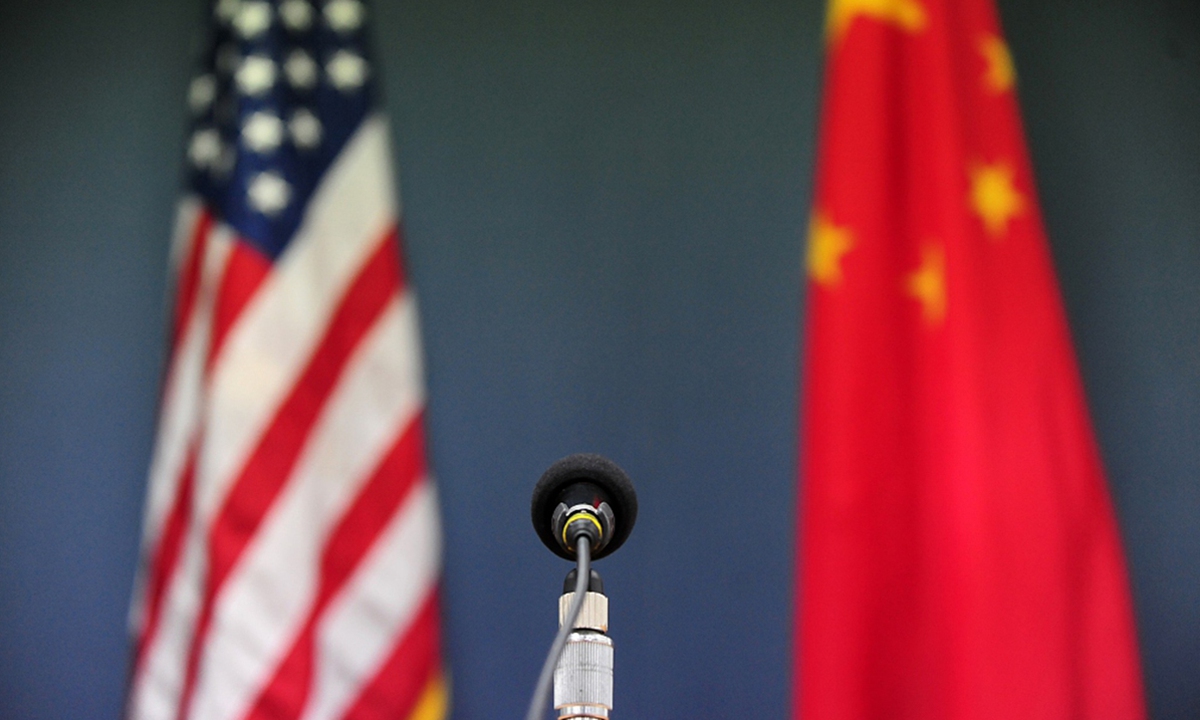
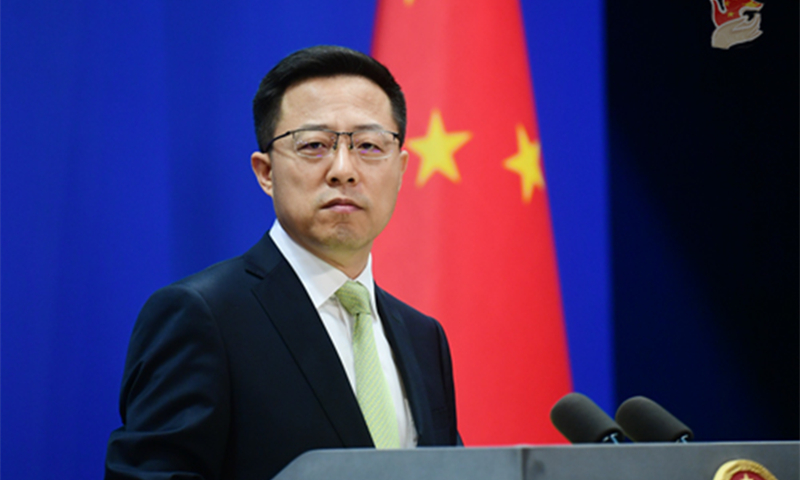
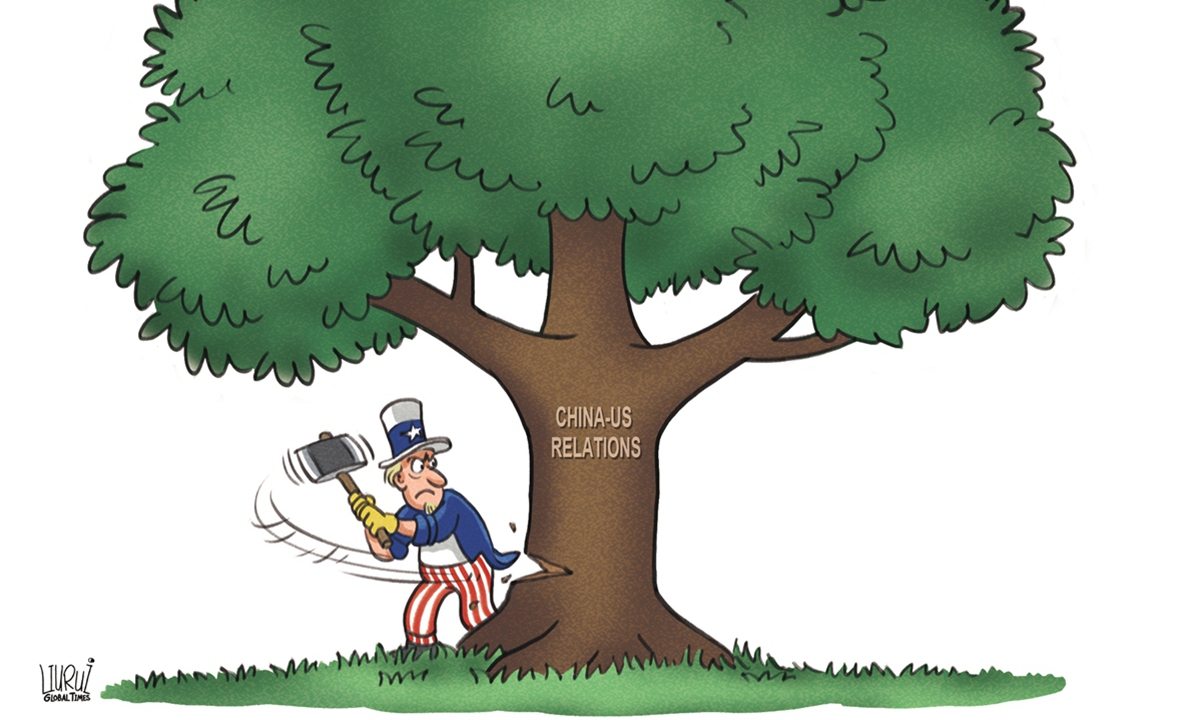
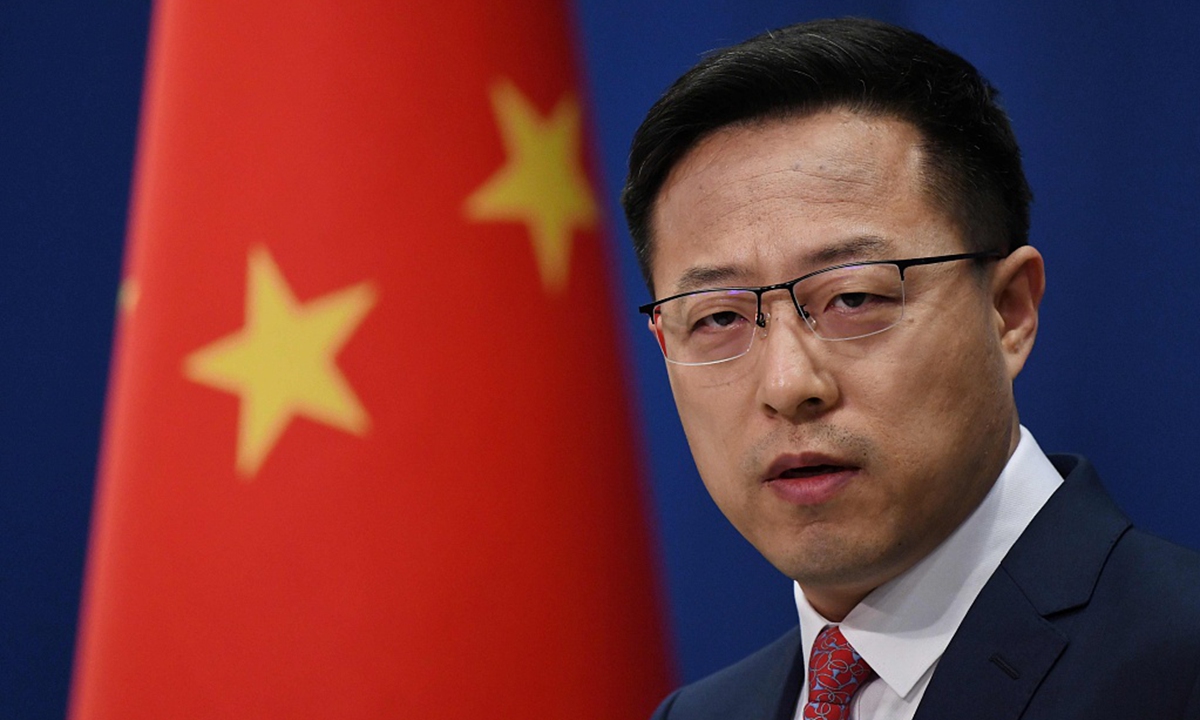
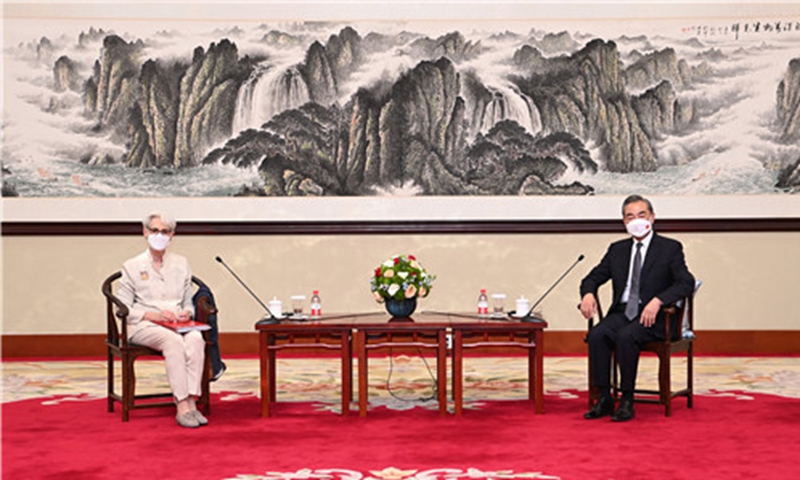










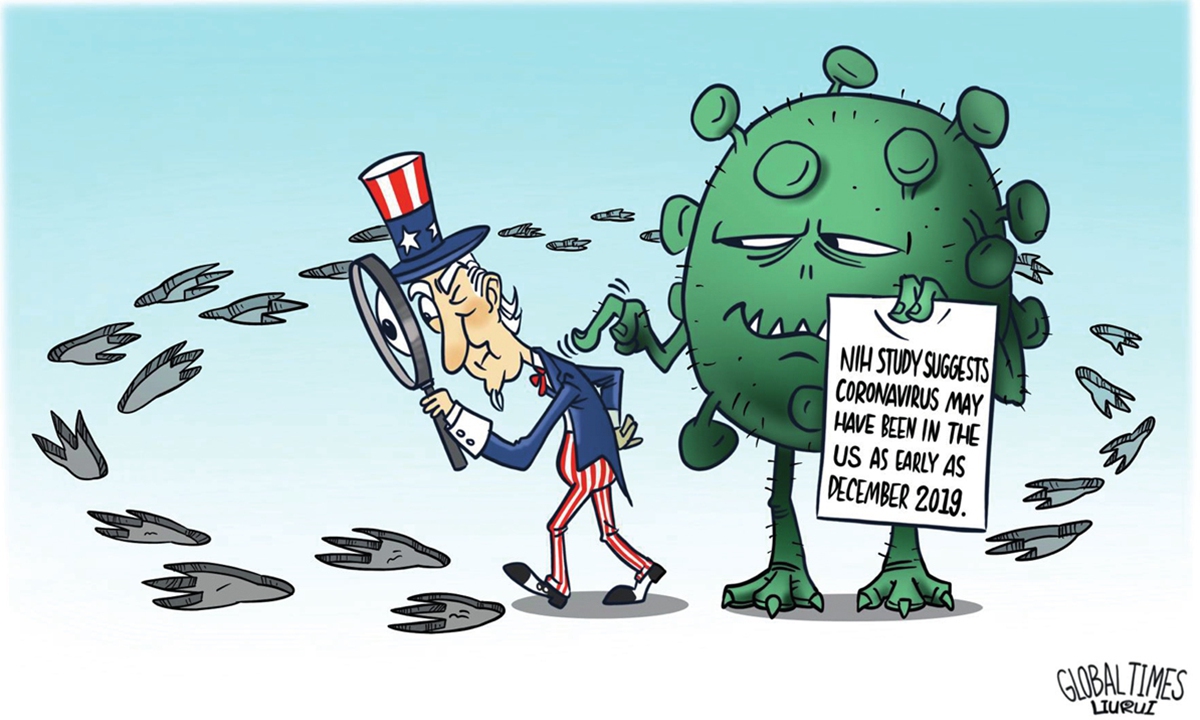


 The previous record high number of new infections was 13,215, posted on July 15. (Photo by Mohd Suhaimi Mohamed Yusuf/The Edge)
The previous record high number of new infections was 13,215, posted on July 15. (Photo by Mohd Suhaimi Mohamed Yusuf/The Edge)




